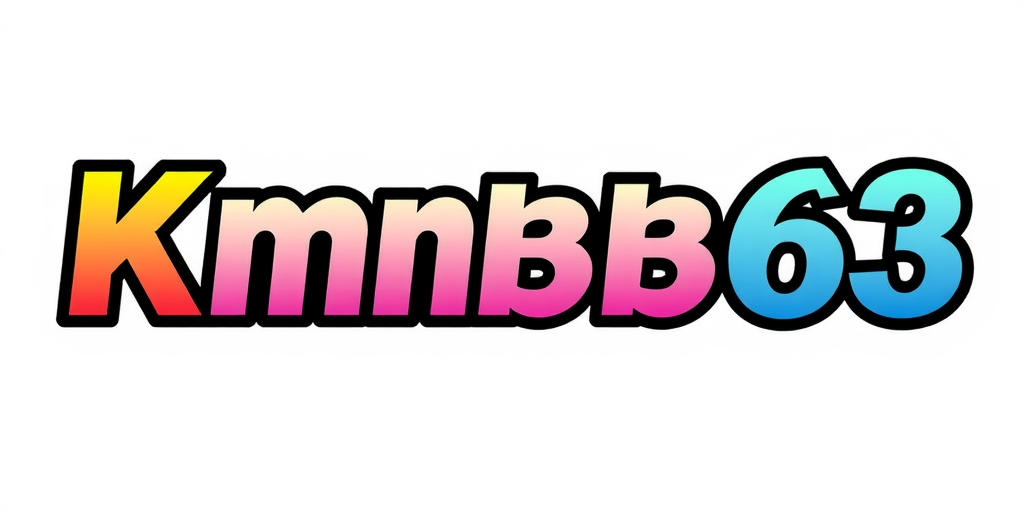Latest in Casino News: Latest Developments in Gambling Regulations
The realm of casino games is continuously evolving, shaped by dynamic laws, technological progress, and shifting market demands. As governments and gaming commissions strive to create a safe and fair environment for gamblers, the framework of gambling laws is experiencing major transformations. Grasping these shifts is essential for both sides of operators and players looking to explore the thrilling yet complicated world of gaming.
In recent times, multiple regions have proposed and implemented new policies aimed at enhancing the protection of players while promoting ethical gaming. These developments not only influence the varieties of casino games available but also the manner in which they are advertised and accessed. In this article, we will examine the latest regulatory updates, their effects for the industry, and that which players can expect as they engage with their preferred gambling games.
Updated Regulatory Structures
New developments in game regulations are shaping the future of gambling entertainment across multiple regions. Authorities are realizing the importance for a strong governance system that not solely safeguards players but also provides just competition and accountable behavior. These frameworks are designed to tackle challenges such as online gambling, cryptocurrency currencies, and developments in the technological field, reflecting the evolving environment of the gaming sector.
One significant development is the introduction of tighter policies regarding clarity and gambler safety. Casinos are now obligated to provide clear data on probabilities, payout rates, and the associated hazards involving betting. This shift aims to equip players by helping them take educated choices while also aiding to fight gaming addiction through sensible gaming initiatives. Operators are required to implement self-exclusion initiatives and offer assistance for individuals seeking support.
Additionally, new rules are being applied to emerging innovations such as virtual reality and distributed ledger technology in casino activities. Authorities are developing standards to guarantee that these advancements maintain authenticity and fairness while also safeguarding gambler privacy. As the industry evolves, regulators are adapting to confirm that innovations improve the casino experience while shielding both gamblers and providers.
Impact on Casino Game Diversity
The recent updates in casino game policies have created novel opportunities for casino games, allowing for increased innovation and diversity within the field. As authorities update their standards, game developers are encouraged to design original gameplay experiences that appeal to a broader audience. This has led to a diverse tapestry of new games, incorporating multiple concepts, categories, and mechanics that were historically overlooked or restricted by more rigid rules.
With a looser regulatory environment, gaming establishments are now able to experiment with alternative types of games, including skill-focused games and participatory play. This transition has produced a rise in combined games that blend conventional casino components with contemporary gameplay trends, such as video gaming and augmented reality. By diversifying the game offerings presented, casinos can appeal to not only seasoned players but also non-professional players who may lean towards less conventional options.
In addition, the development of standards has emphasized openness and fairness in gambling, which could build greater trust from players. As a result, consumers are more willing to explore a broader selection of games, understanding they are engaging with sites that follow updated regulations. This growing trust enhances involvement and can ultimately drive profitability as more diverse selections address varying preferences and demographics in the casino sphere.
Future Trends in Regulation
As the casino landscape develops, authorities are more and more focused on adopting digital solutions to enhance openness and equity. The incorporation of distributed ledger technology into casino operations is anticipated to gain momentum, allowing for enhanced oversight of operations and ensuring that activities remain equitable and unchangeable. This change could lead to a regulatory framework that welcomes these improvements, promoting faith among participants and operators alike.
In addition to tech-based adoption, there will likely be a greater emphasis on prudent gaming strategies within the regulatory environment. Authorities are anticipated to implement stricter measures to promote gambler protection, including mandatory self-exclusion initiatives and effective age verification processes. This shift aims to protect at-risk populations while ensuring that the experience of casino activities is preserved for responsible gamblers. debet
Lastly, as internet gaming continues to grow globally, standardization of regulations across different areas will become a pressing need. Countries may strive to work together more closely on unified standards for certification, operation, and taxation. This could lead to a more efficient regulatory framework for global operators, fostering a broader acceptance of internet gaming platforms while maintaining robust of participant protection and honesty in the gambling industry.


